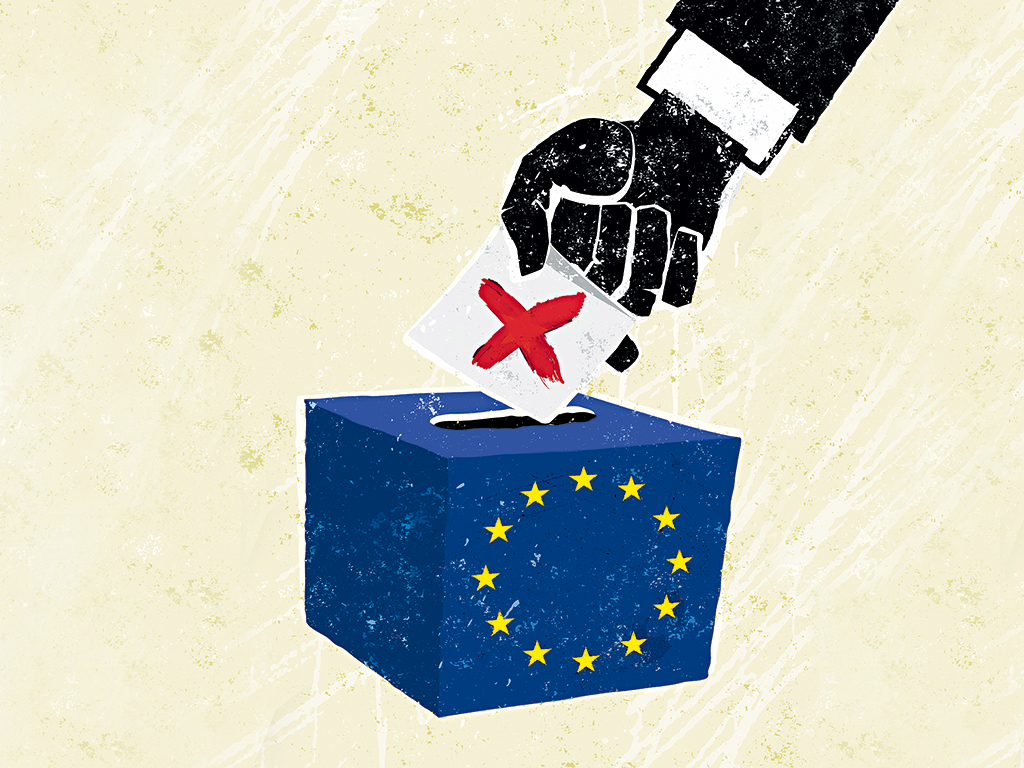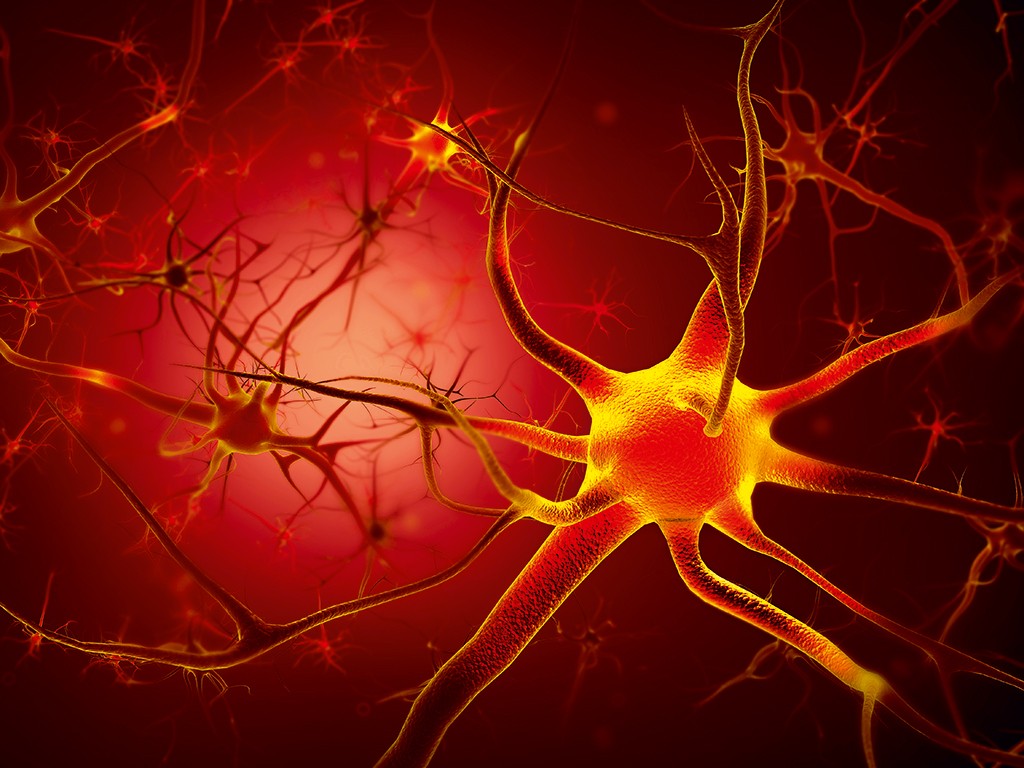Enough hating, unified Europe is what we need for economic growth
The EU is unpopular with European voters, but if national politicians don’t stop using it as a scapegoat, says Aaran Fronda, they risk throwing away economic recovery

Many governments have blamed Europe for their economic problems, but doing this could be counterproductive. A unified Europe is what we need to enhance recovery, says Aaran Fronda
The IMF calculates that, in the coming years, 90 percent of world demand will emanate from outside the EU. It is no surprise, therefore, that the eurozone is desperate to secure its future economic prosperity by orchestrating new trade deals with key investors abroad. Many of these new trade agreements have been met with resistance from non-governmental organisations. Most notably, the Transatlantic Trade and Investment Partnership, which various consumer and environmental groups have argued will undermine individual member-states by handing legislative powers over to large corporations.
The unfavourable terms on which these deals are being made are indicative of Europe’s current position in the global economy. The rhetoric being thrown around by countless politicians as justification for continued austerity programmes is that Europe needs to be more ‘competitive’. “I love this word,” said US economist Richard Wolff. What the phrase really means, he says, is that European citizens “have to be willing to accept working at a wage that will make them very, very poor, for a very long time”.
Better together
There is no doubt Europe’s economic prospects will be greatly enhanced by the proposed deals, especially those with China and the US. The European Commission stated in a recent memo that, if it were to complete all its current free-trade talks tomorrow, it would add 2.2 percent (€275bn) to the EU’s GDP and create 2.2 million new jobs. But the continued pressure being placed on Europe’s citizens is a threat to the eurozone and its free-trade talks.
[A] plethora of xenophobic political movements have sprung up all over Europe
Many national governments have put their relationship with the EU in a precarious position. They have, in the past, blamed Europe for the economic problems felt at home, which has given rise to euro-scepticism among voters. As a consequence, a plethora of xenophobic political movements have sprung up all over Europe: the Five Star Movement in Italy, the Front National in France, and Germany’s Allianz für Deutschland all exemplify voters’ current sentiment towards Brussels. In the United Kingdom, all the major parties reacted – perhaps overzealously – to the UK Independence Party’s success in local elections last year. They are now all well aware that, without a commitment to a referendum on Europe pinned to their party’s manifesto, they stand little chance of garnering enough votes to win the upcoming elections in 2015. The worrying thing for mainstream political parties across Europe is that, with opinion polls the way they are at the moment, a referendum on EU membership would mean an end to a unified Europe, and, therefore, an end to the trade agreements the entire region so desperately needs to spur economic growth.
Strange love
Mainstream political parties have put themselves in a strange predicament. They use Brussels as a tool to clear themselves of blame when things go wrong, but as a result have fostered much hatred towards a unified Europe. The problem for many national governments is that they must stop using Europe as a scapegoat, and, more importantly, they must realise they are no longer able to be competitive economically unless they work together.
To make matters worse, many of the EU’s economic reforms, although heavily criticised, have made a positive impact in restoring stability to the region. Internal devaluations of currency have begun to reap some rewards, with European exports doing favourably and the proposed trade deals adding to Europe’s chances of making a full recovery in the near future. National governments are going to need to put Europe first and put an end to the debate about its future. Without a unified Europe, economic recovery, although not impossible, will be far more challenging.













